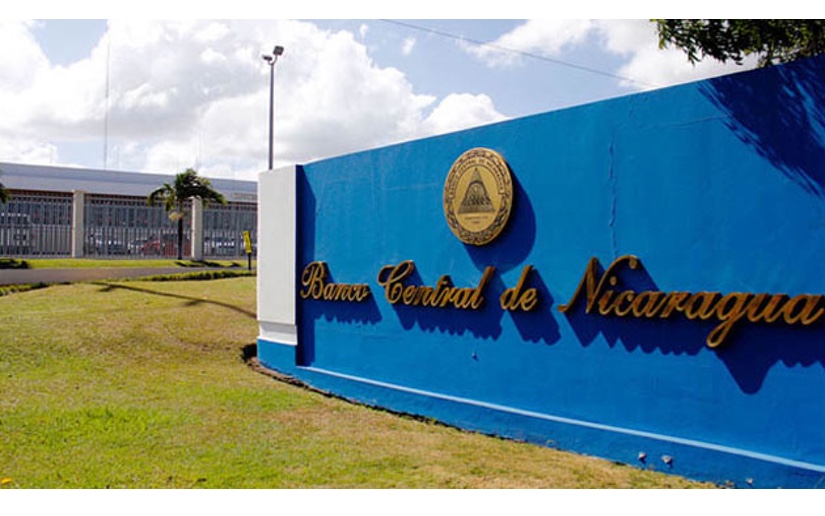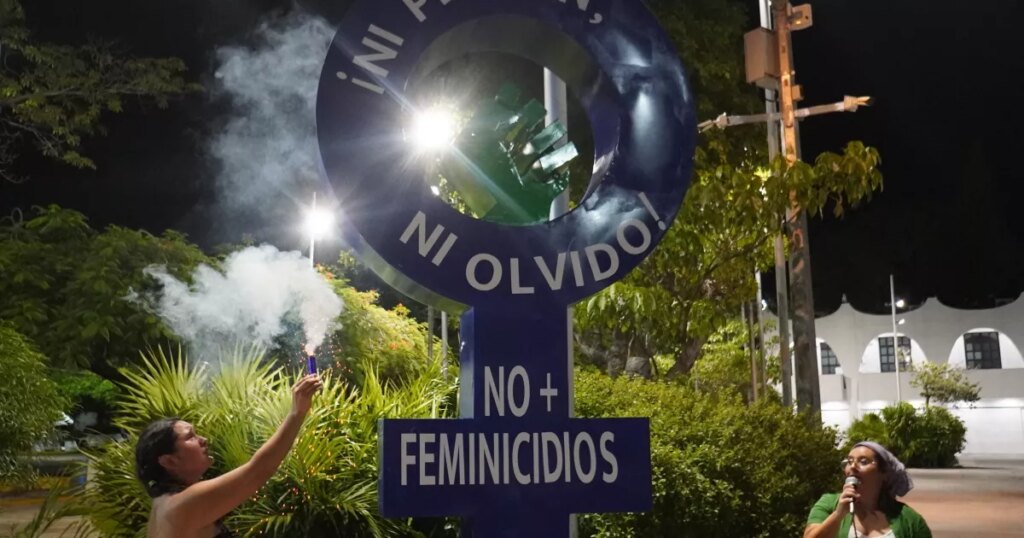Two economists interviewed by CONFIDENTIAL They doubt that the forecast of the president of the Board of Directors of the Central Bank of Nicaragua (BCN), Ovidio Reyes, who foresees a growth of the gross domestic product (GDP) of “between a minimum of 3% and a maximum of 4%” for 2023, while various international entities place it at around 2%.
“This is an excessively optimistic prognosis,” said economist Marco Aurelio Peña, while his colleague, Enrique Sáenz, who is also an analyst on economic issues, pointed out how “one of the axes of the deceitful propaganda of the Ortega dictatorship is the supposed economic bonanza”.
The duo made up of Reyes and the Minister of Finance and Public Credit, Iván Acosta, are in charge of making the announcements and presenting the economic forecasts full of optimism, which characterize the dictatorship of Daniel Ortega and Rosario Murillo.
Acosta, for example, is confident that the construction of the coastal highway in the South Pacific, obtaining financing to build a deep water port in the southern Caribbean, and the signing of an FTA with Chinawill allow the country to continue growing, although in the Republic Budget for 2023Less than 10 million dollars were allocated to build the waterfront, and both the port and the commercial agreement are plans with no date of completion.
Wishes or reality?
saenz notes the use of statistics by the regime’s spokespersons to “prove the ‘successful’ management”, highlighting the “robust economic growth” which, on the other hand, neither generates the expected employment levels, nor distributes well-being among the majorities.
“Growing for the sake of growing is similar to the behavior of cancer cells, if it is not oriented towards inclusive development, and that reduces poverty,” adds Peña, detailing that there is no official, recent and credible data on the subject, inviting us to think about the quality and nature of that economic growth, and to whom it benefits.
Sáénz answers this implicit question by pointing to three groups of businessmen who are among the main beneficiaries: bankers, who in 2022 accumulated profits of more than 120 million dollars, that is, more than 20% than in 2021; the businessmen of the sector of generation and distribution of electrical energy and fuel, as well as the “mysterious local partners” of mining.
The weight of exogenous factors
In statements offered to the “15 Minutes” Program, broadcast by Channel 13, the president of the BCN, Ovidio Reyes, said that “next year, international organizations indicate that there could be a global slowdown and put the world’s GDP growing at around 1 %”, and how, in this context, Nicaragua would grow between 3% and 4%, thanks to the dynamism of international trade.
Although the global environment determined that the country successfully took advantage of the high prices of several of our export products, to the point that 2022 closed with sales of more than 7,000 million dollars (3,800 million in the sale of goods; the rest in free zones). , that same environment will condition the capture of foreign currency by 2023.
In this regard, Sáenz details that “the increase in income from exports -one of the engines of growth in 2022- is mainly due to the favorable prices of exported products and is not the result of a notable increase in local productive effort”, highlighting the “declining trend” recorded by the volume of exports in recent years, and that the most significant items repeat the same trend in 2022.
Peña mentions the expectation of different multilateral entities that forecast an unfavorable environment and that conditions of uncertainty will continue for 2023, as long as they persist. Russia’s war of aggression against Ukraine.
As a result of this conflict, there is no certainty when prices will fall – which also affects an increase in local inflation, spurred on by imported inflation. The armed conflict also generates an increase in the price of tradable goods in the international input market, like fertilizersbut also oil, whose price fluctuates depending on the calm or nervousness of the markets.
In a blog postthe economist Néstor Avendaño predicted that what happens in 2023 will depend on the evolution and the effect on each other of three shocks: geopolitical, energy and economic, and that with the economic risk of a global recession, economic weakness could exacerbate geopolitical risk.
The list of risks includes, among others, the Russian-Ukrainian geopolitical and military conflict; the commodity shock; fuel and electricity prices, which raised inflation; food shortages, by slowing down Ukrainian exports; and the rise in the cost of fertilizers and transportation, which raised food prices which, together with fuel, accounted for more than half of global inflation.
Law should take precedence over politics
Given that the supposed GDP growth is not accompanied by a decrease in the high levels of poverty and unemployment in the country, economists highlight not only the contradiction of the economy growing without needing more people employedbut also that it does so in an environment as unstable as Nicaragua’s.
Highlighting the importance of establishing an adequate business climate that encourages business development, Peña recalls that a correct rule of law is a requirement for this; an institutional framework with strong institutions; and an independent judiciary to enforce contracts and protect private property.
In addition, expeditious dispute resolution mechanisms that provide justice to private economic agents; citizen and legal security; a government that does not exceed its power to intervene in the economy; Low political risk and low country risk, but “Nicaragua fails in all these determinants,” he asserted.
Instead, the country attracts for its cheap labor and human talent; abundance of natural resources; attractive real estate prices; tax exemptions and exemptions; and the facility to solve problems, which results from the existence of a hyper-presidentialism that is detrimental to the institutional framework, because it requires seeking the mediation of political power, which ends up generating prerogatives for private economic agents.
















